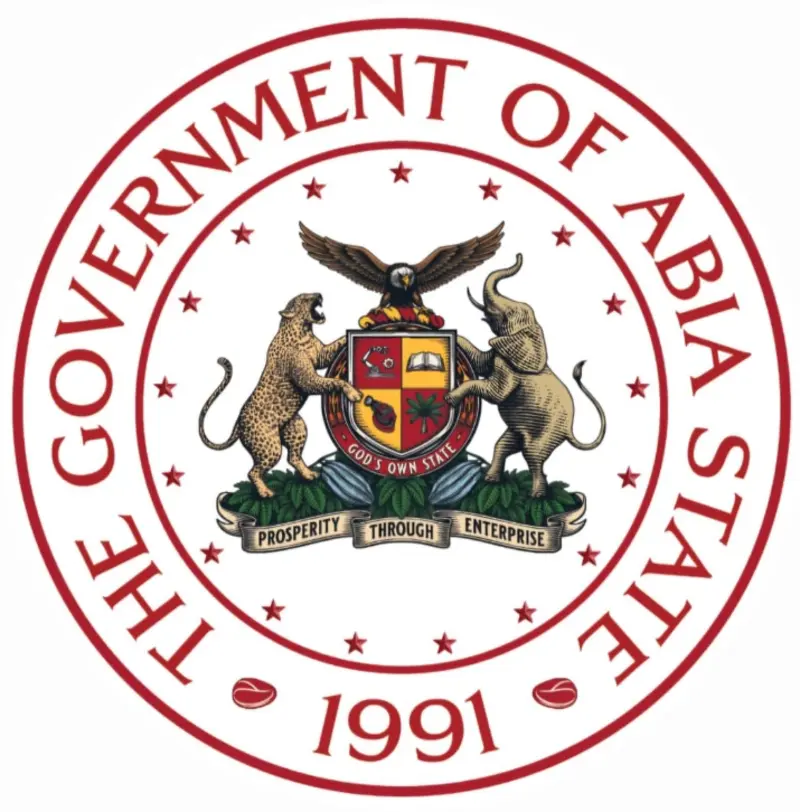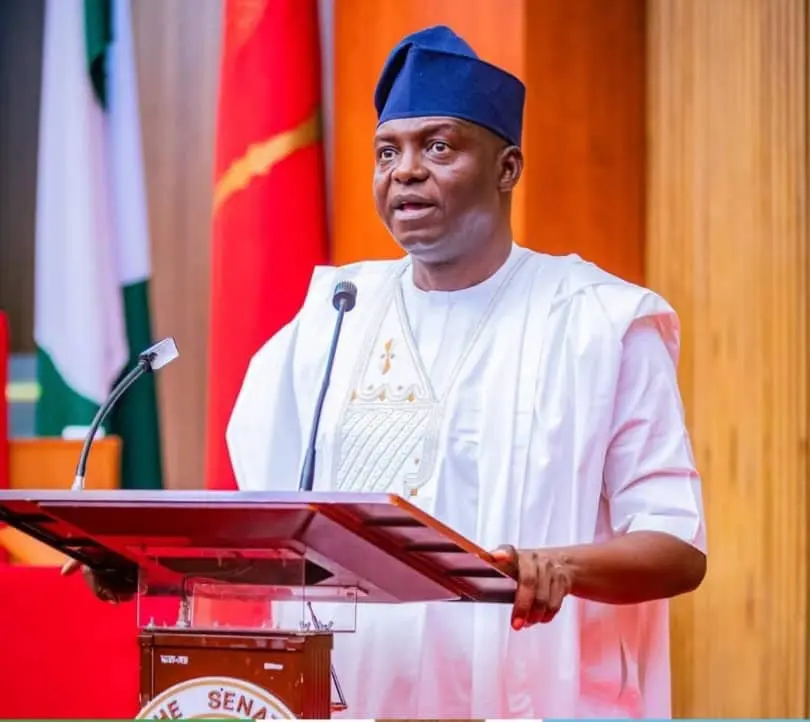The Federal High Court in Abuja has once again urged Nnamdi Kanu, leader of the Indigenous People of Biafra (IPOB), to present his defense in the ongoing trial for alleged terrorism offenses. Justice James Omotosho emphasized the implications of Kanu’s continued refusal to open his defense, advising him to consult with legal experts for guidance.
Kanu, who is representing himself, reiterated that there is no valid charge against him, as the law under which he is being tried has been repealed. He cited a Supreme Court directive, stating that the apex court had declared the criminal code, under which he is being tried, no longer exists. Kanu argued that the court’s ruling on his no-case submission did not mention the repealed law of the terrorism act.
The prosecution, led by Chief Adegboyega Awomolo, SAN, informed the court that they had been served with Kanu’s motion on notice, which they described as “a piece of paper” lacking the necessary court stamp and signature. Awomolo stated that an unsigned document has no efficacy in law, according to the Supreme Court. The prosecution had previously addressed all 10 points raised by Kanu, including issues of the repealed law and extraordinary rendition, in their final written address.
Justice Omotosho expressed his inclination to grant Kanu an adjournment to consult with legal experts on the need to enter his defense. The judge emphasized that if the Supreme Court had not wanted Kanu to face trial, it would not have sent his file back to the court for retrial. Kanu is still presumed innocent, despite the order to open his defense. Justice Omotosho described Kanu as a layman and stated that he was willing to grant him another opportunity in the interest of a fair hearing.
The judge warned that if Kanu fails to open his defense on November 5, he will be deemed to have waived his right to do so. The matter has been adjourned until November 5 for Kanu to present his defense. This development is the latest in the ongoing trial, which has seen several adjournments and legal debates. The case has significant implications for the IPOB leader and the ongoing discussions around separatist movements in Nigeria.



